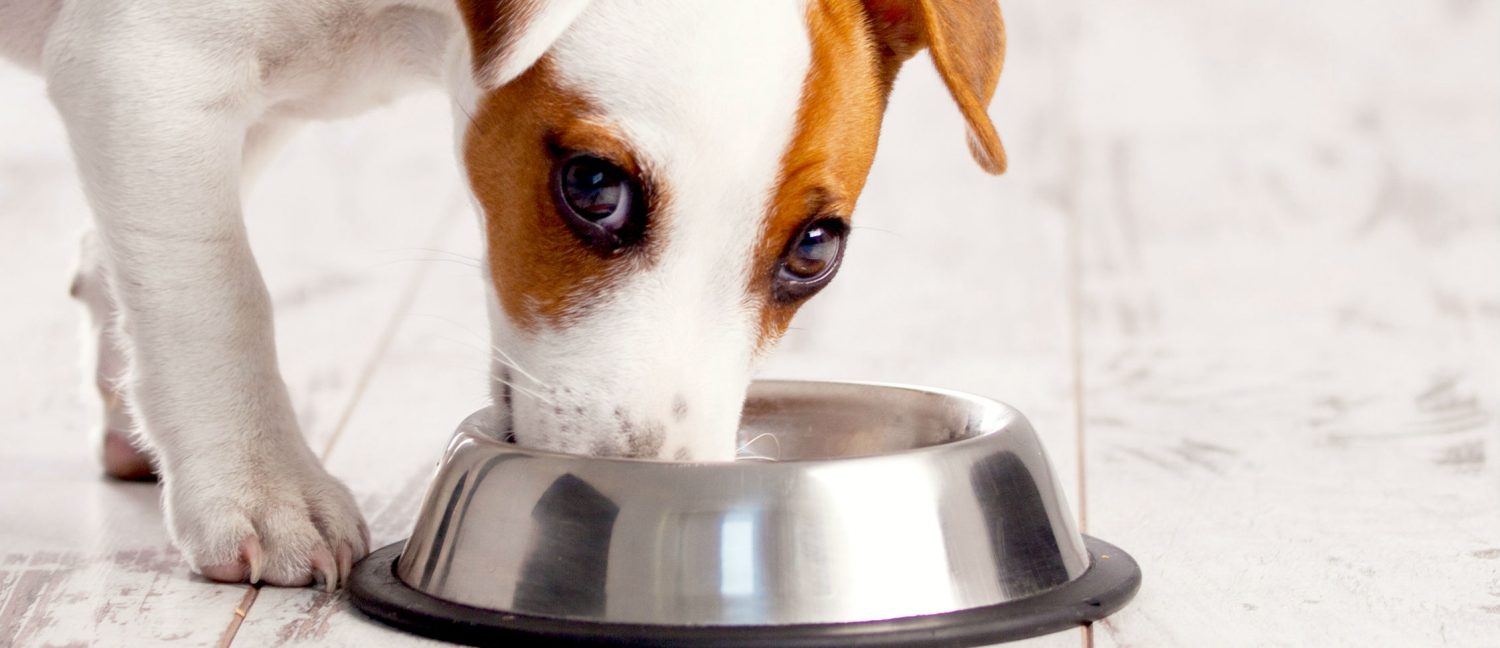How do I select the right pet food diet for digestive health, sensitive stomach and urinary tract health?
Original Question: What is the absolute best food on the market for digestive care, sensitive stomach and urinary tract health? - Andrew
 May 7, 2018
May 7, 2018
Hi Andrew,
Thanks for your question.
It’s very difficult to recommend the best diet for your pet. In fact, I think it is near impossible because you really need to know how a dog responds to a food to know if it is good for them or not. Just because a diet is expensive or formulated for a particular condition that your dog has, doesn’t mean it’s going to work. Every dog is unique and therefore finding a diet is about trial and error. I have always maintained that a food is good if your dog eats it, has good solid stools, does not become itchy, doesn’t vomit, and maintains an ideal body condition. Any food you select has to have a trial period before knowing whether it is ideal or not.
There are many medical diets that claim to address the medical concerns you raise in your question. This doesn’t mean that they would actually work for your particular pet. Here’s what I recommend to try and determine the ideal diet. First, the urinary tract health component is a simple issue. Regardless of the diet you select, you can always supplement it with natural products that address urinary health. There are urinary acidifiers to prevent crystal and stone formation and there are also cranberry supplements for good general urinary health. So my recommendation is to select a food based on the digestive issues as a priority.
You may want to have some diagnostics done first to get a better sense as to why these issues are occurring. Performing parasite testing, fecal cultures and blood work may help you identify why your pet is experiencing these digestive problems. Maybe it has less to do with the food and more to do with a disease process you need to address. If no medical condition is found, then consider trying a food for good digestive health or something formulated for food allergies. Trying a food with a novel protein that you have never bought before could be a good start. Keep in mind that digestive issues could be solved not just by food, but also by adding something like probiotics or vitamins. I’ve seen a lot of pets with digestive issues improve by using simple probiotics and seeding the gut with good bacteria. This can aid in more efficient digestion and absorption of the food.
Select a food you think may work and then start a trial. I would recommend that you introduce any new food very slowly over the course of 3 weeks. Monitor your dog’s response to it very closely as you switch over to the new diet. If diarrhea or vomiting develops, I would stop it immediately and seek medical attention if it does not resolve right away. Then consider a different food to perform another trial. It can be a lengthy process but I find those pet owners will eventually hit on something that works very well. Once you find an appropriate diet that addresses the digestive issues, you can then supplement it with products that improve urinary health and monitor the response by performing routine urine tests to make sure you balance it properly.
Good luck and I hope this helps.
Dr. Greenway
Disclaimer: healthcareforpets.com and its team of veterinarians and clinicians do not endorse any products, services, or recommended advice. All advice presented by our veterinarians, clinicians, tools, resources, etc is not meant to replace a regular physical exam and consultation with your primary veterinarian or other clinicians. We always encourage you to seek medical advice from your regular veterinarian.

